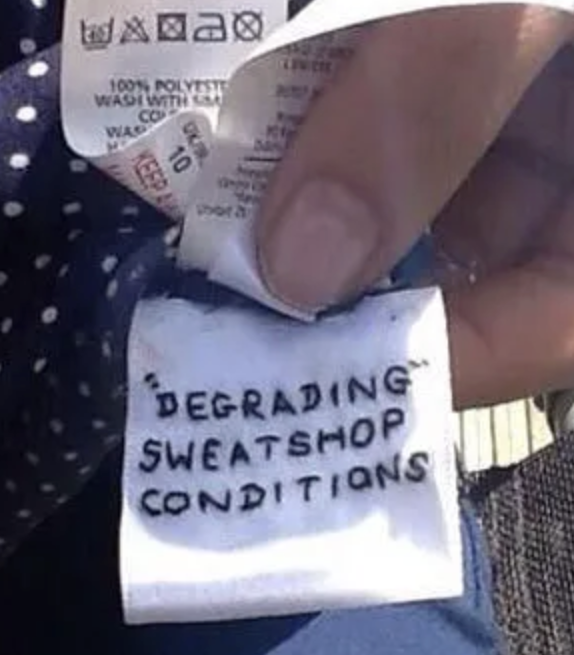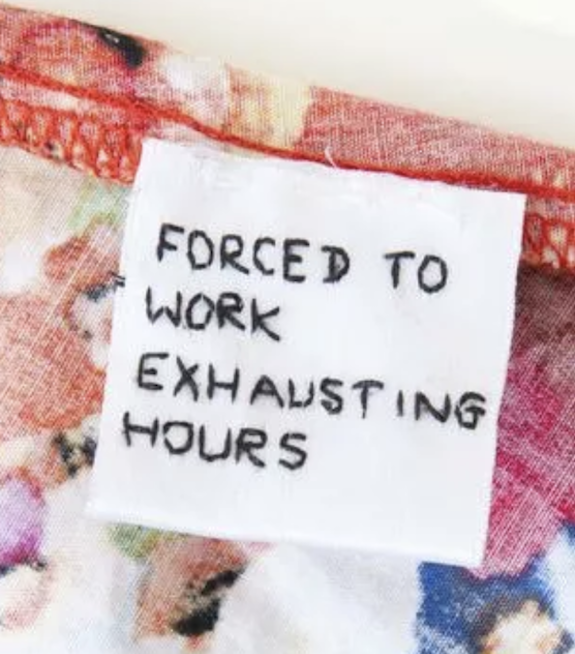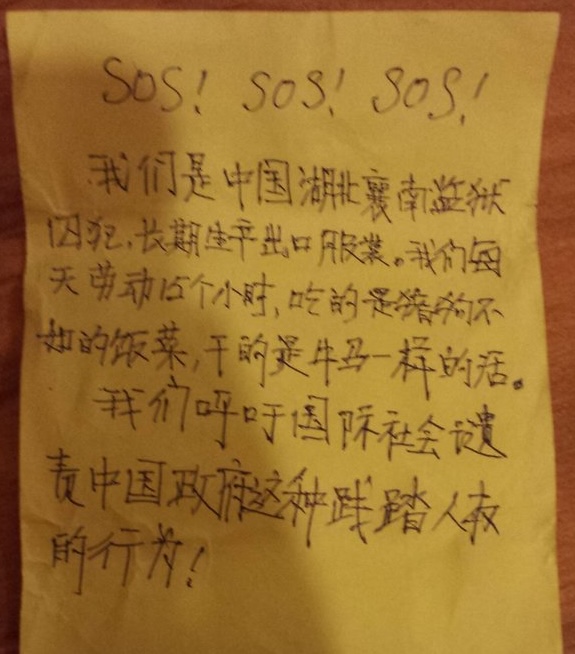
followthethings.com
Fashion
“The Messenger Band“
A protest girl band / labour rights NGO including Em [aka Saem] Vun, Leng Leakhana, Chrek Sopha, Nam Sophors, Kao Sochevika, Sothary Kun, Van Huon & others based in Phnom Penh, Cambodia.
Band profile and selected music videos on YouTube embedded in playlist above. The Messenger Band YouTube channel here & facebook page here.
One of the most fascinating, inspiring examples of creative trade justice activism we have found. Made by garment workers, for garment (and other) workers. In 2005, a labour rights NGO based in Phnom Penh, Cambodia hold a talent concert for women working in the city’s garment factories. They want to form a girl band. Inspired by Bob Marley, it’s called ‘The Messenger Band’ because its songs and performances will carry a message to garment and other workers about their rights. They will write and perform in the style of contemporary Cambodian pop music. Sweet and beautiful songs with choreographed dance routines. But the lyrics will come from their community research with garment and other workers about their lives and struggles, and their knowledge of global trade and labour rights. They will record CDs and music videos to post online, and will perform at local concerts and during labour rights protests. Their audiences will learn the lyrics and sing along. The ‘MB’ wants to empower its audiences to claim their rights and to hold their employers to account. They sing in Khmer for Khmer-speaking audiences. They are not talking to overseas consumers, asking them to do anything to help their situation. They take advantage of the fact that women and performance are not taken seriously by the Cambodian authorities. But they are taken seriously by the working class audiences who love and learn from their music. What they do has a huge impact. Much more impact than a labour rights workshop! Labour rights organisations and NGOs outside Cambodia admire their work. They are an inspiration.
Page reference: Lily Bissell, Grace Hodges, Fran Ravel, Julia Sammut & Ellie Reynolds (2020) The Messenger Band. followthethings.com/the-messenger-band.shtml (last accessed <insert date here>)
Estimated reading time: 62 minutes.
Continue reading The Messenger Band ![]()



